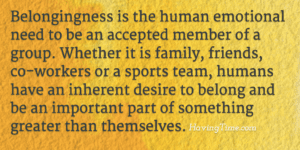
Last week, Susan Beaumont wrote compellingly about when NOT to do strategic planning. As she correctly observed, “a hasty or poorly formed strategic plan is a waste of time and resources. A well-formed plan that isn’t executed is also a waste.” I would add that in times of crisis or high-level conflict, action or intervention is a better choice than strategic planning.
So when is strategic planning the right choice?






